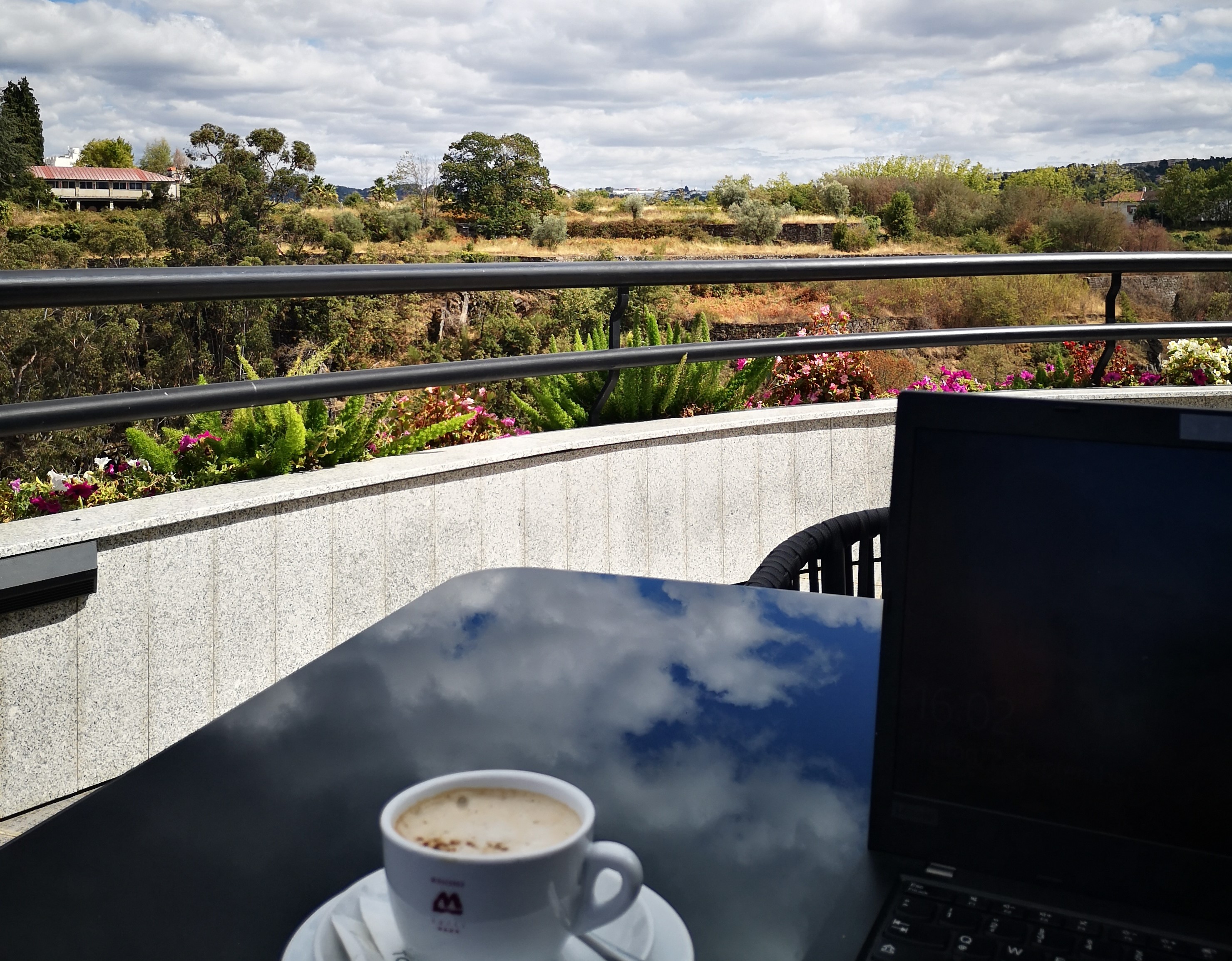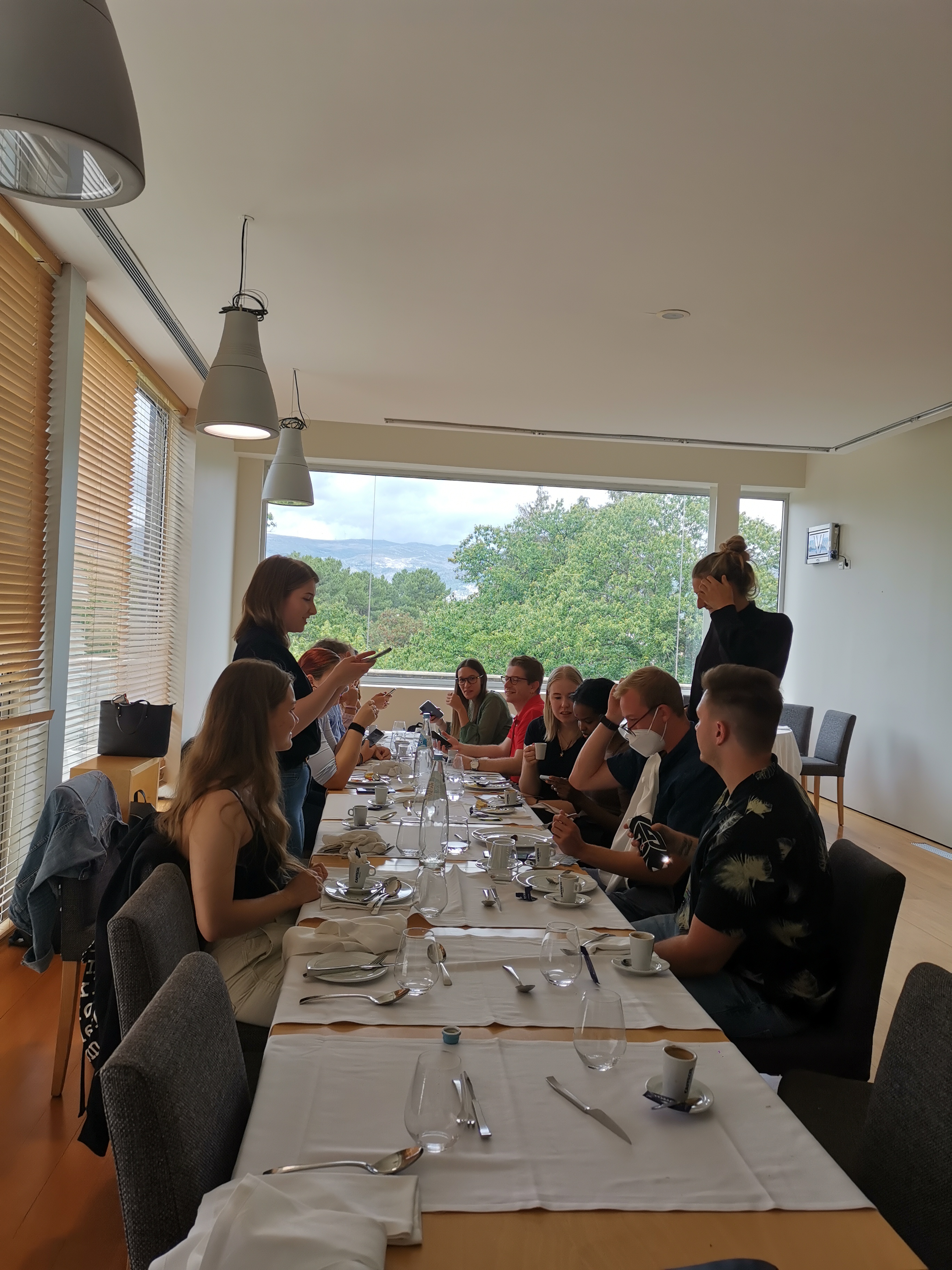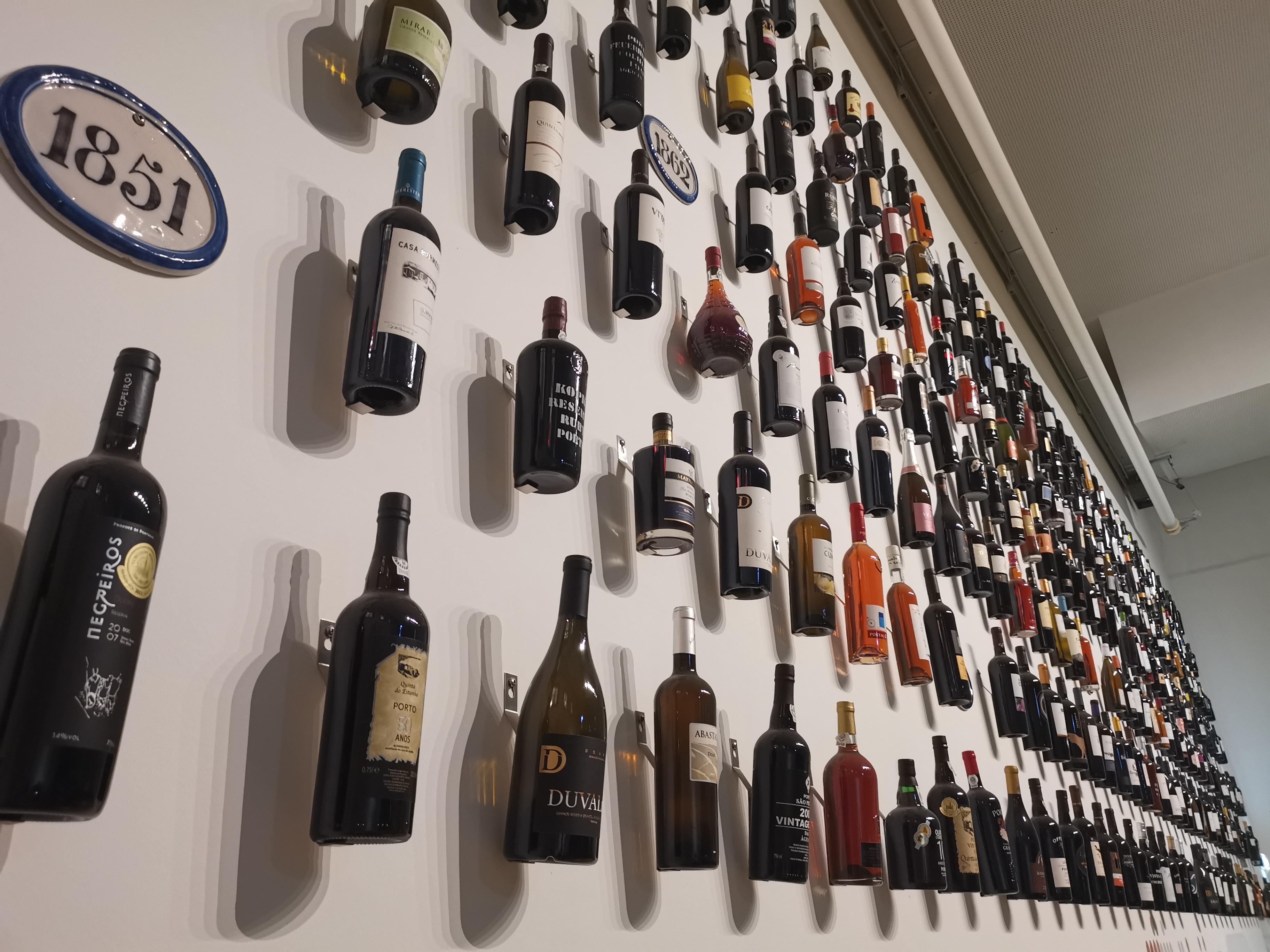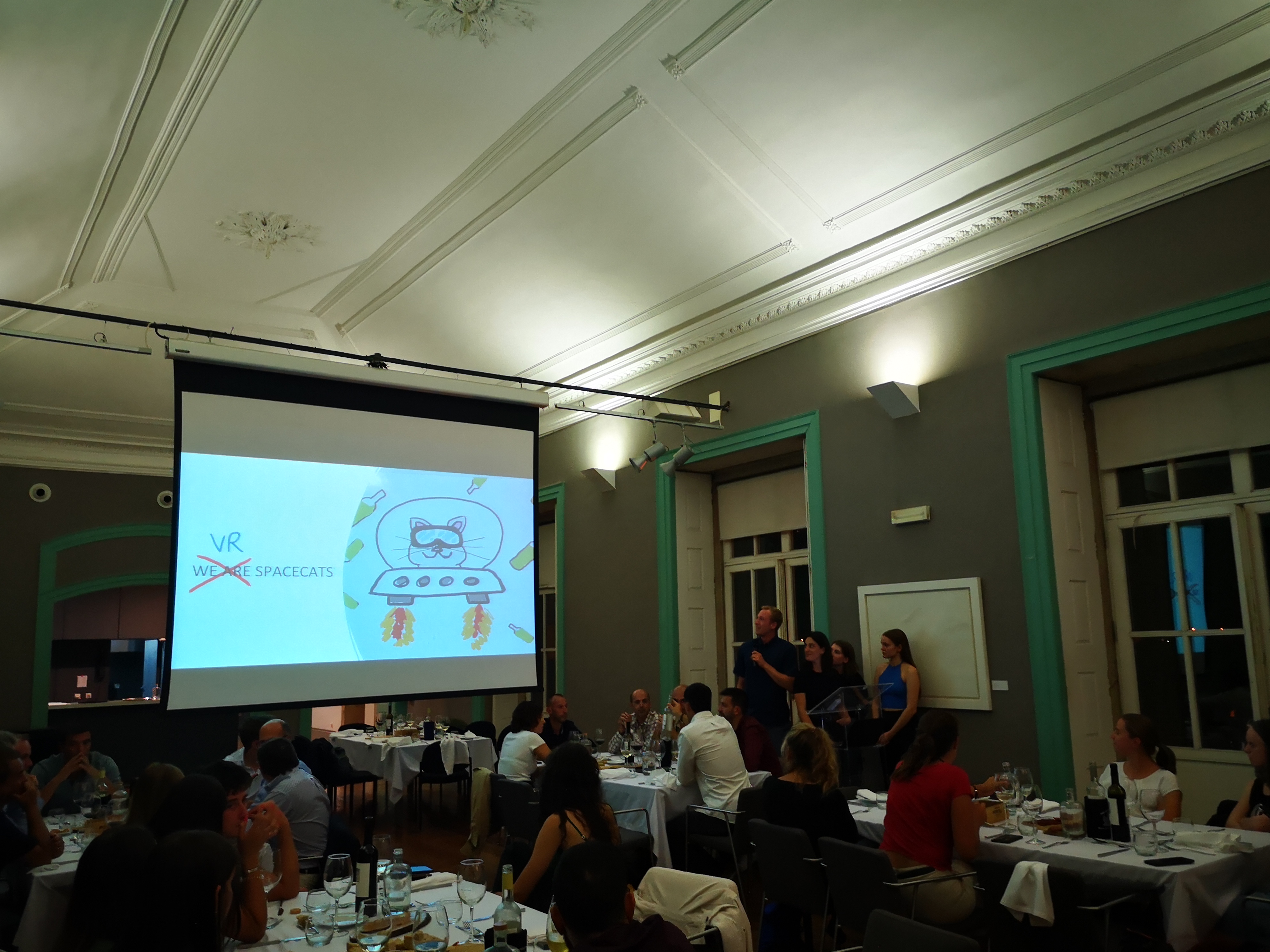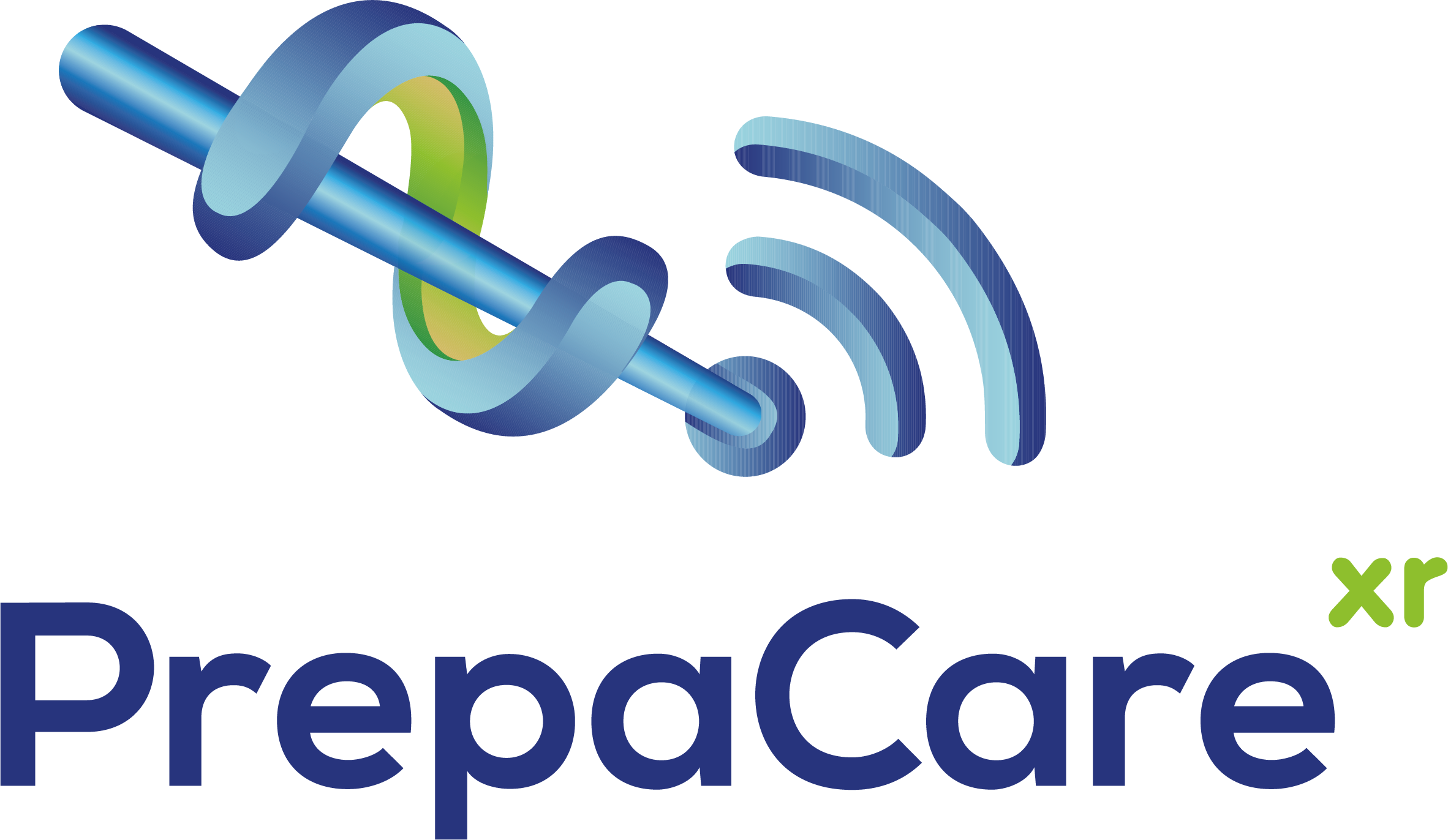Learning, Teaching and Training Activities (LTT)
In the scope of the PrepaCare(XR) research project, 26 students and the same number of experts from the medical and biomedical fields of Italy, Finland, Portugal and Austria joined together in Vila Real, Portugal at the beginning of September to evaluate the first project results. This Learning, Teaching and Training event focused on the evaluation of the solutions developed in the scope of the project together with students and professionals.
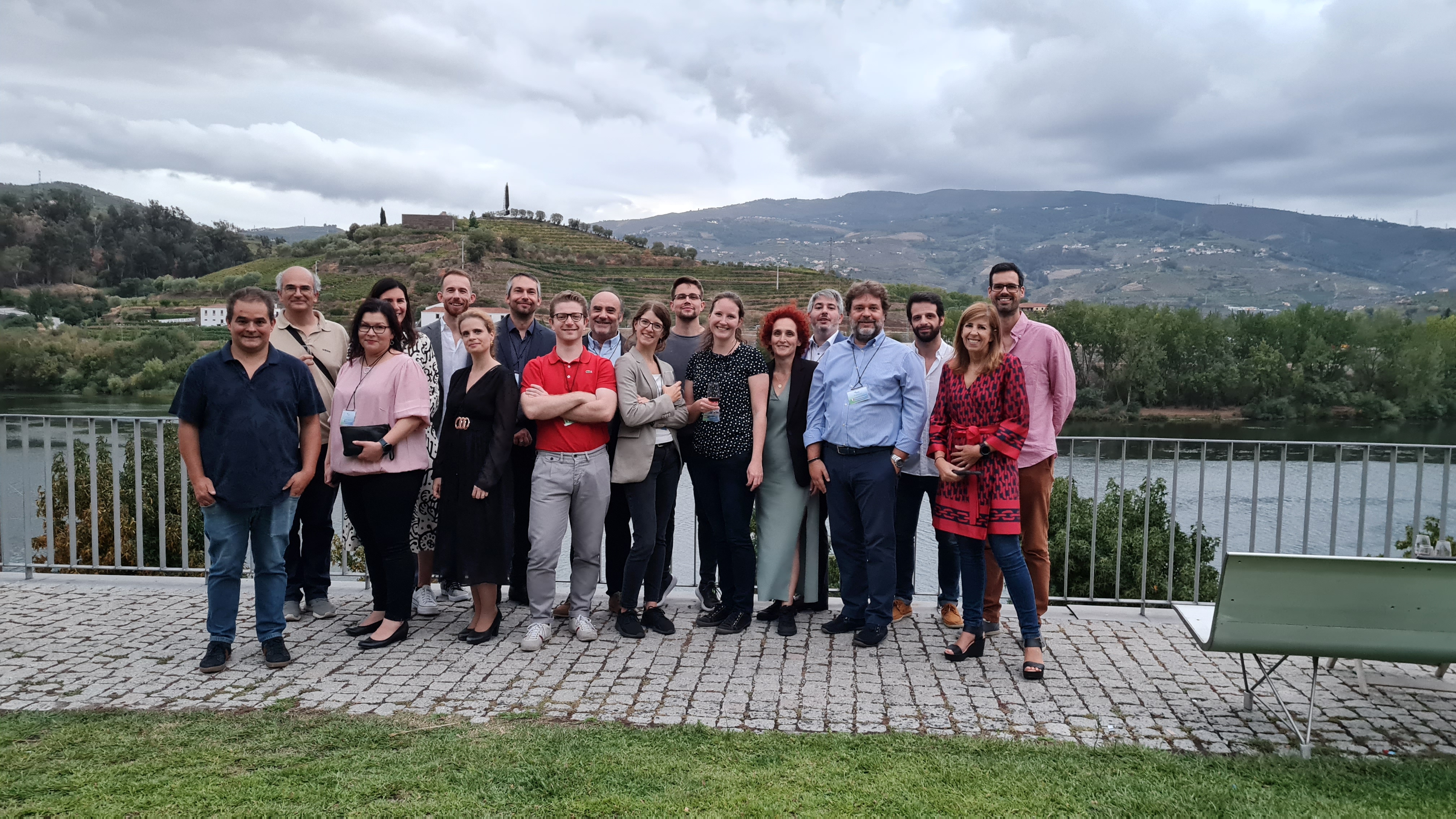
Level 1 - Theoretical Knowledge
The first part of the program included the theoretical knowledge acquisition about the selected medical use case of Difficult Airway Management. This situation occurs rarely in daily hospital routine, but still represents one of the most critical scenarios, requiring knowledge about each step in the medical and communication workflows. The first theoretical level included basics on airway anatomy, breathing mechanism and device operation. The learning materials were provided in form of different media types, e.g. videos, documents, flash cards, and the opportunity of self-checking with small tests.
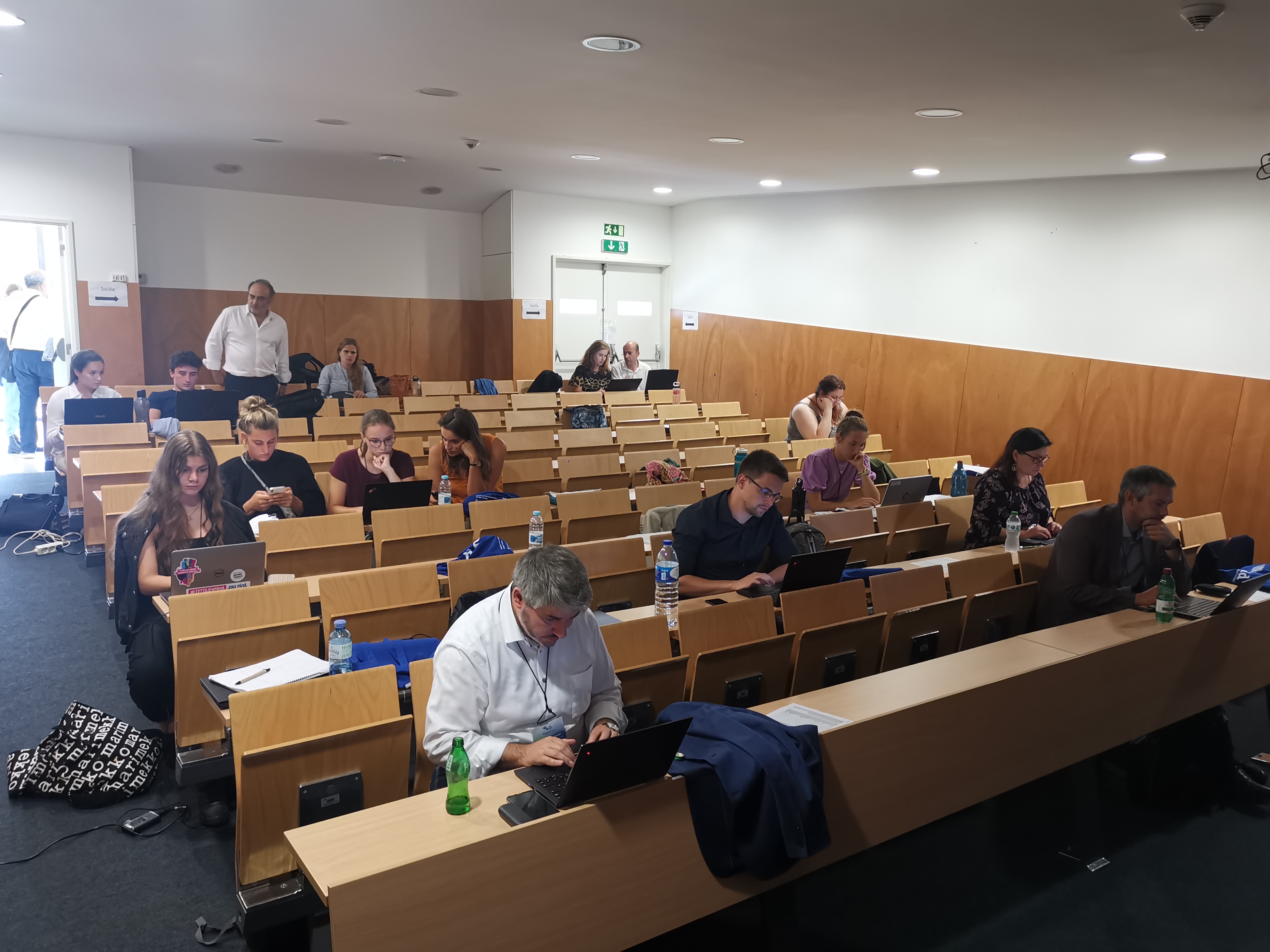
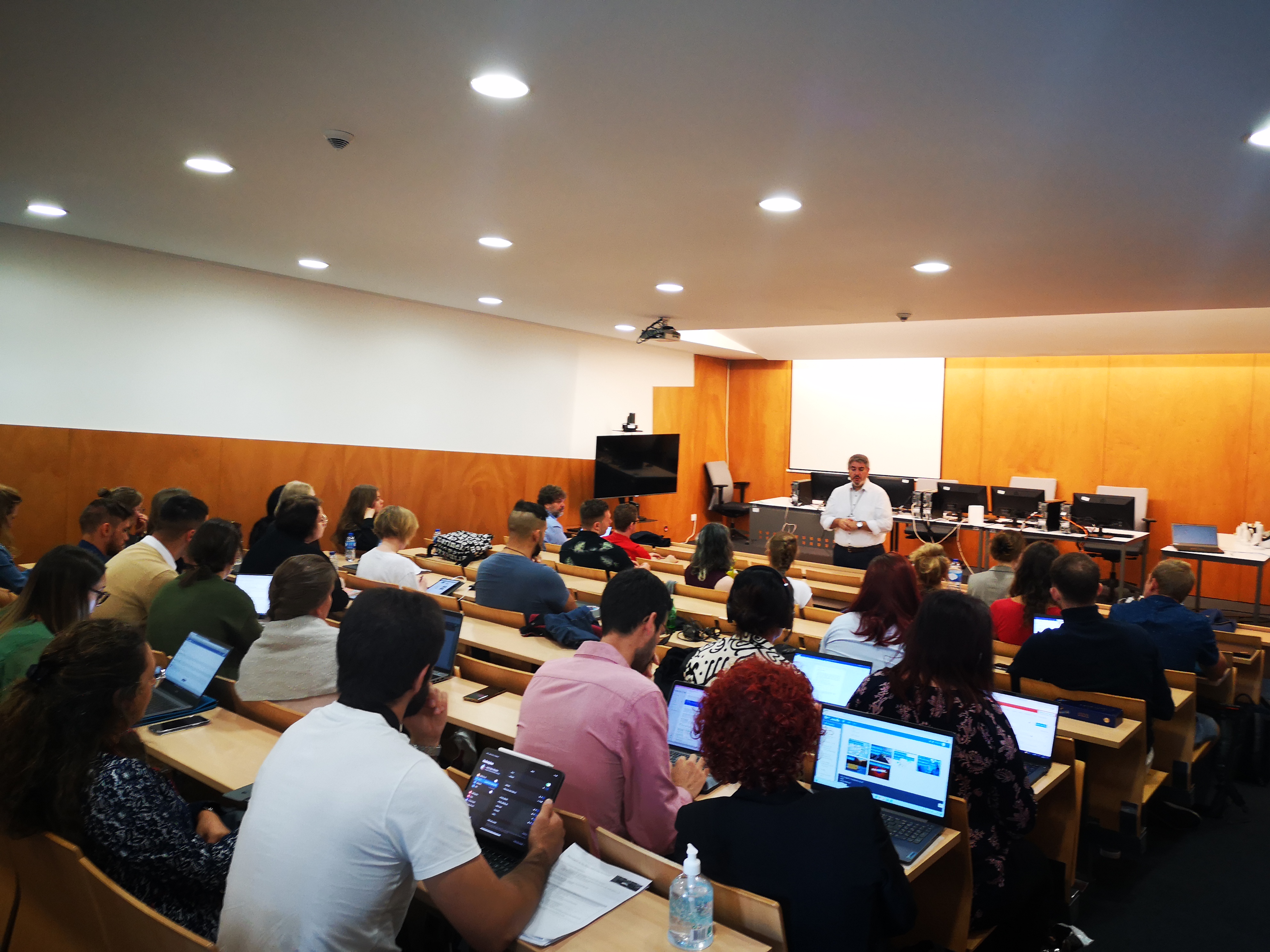
Level 2 - Interactive Part
The second part focused on the low-level interaction processes, applying the already acquired theoretical skills. This includes both interactive device operation handbooks and videos, but also the clinical workflow of the use case. In form of assembled video clips, all steps of the dedicated workflow, containing briefing, patient assessment and treatment, are shown, interrupted by questions requiring a decision by the user on the further procedure. In case of a correct answer, the video continues. In case of a wrong answer, detailed feedback is provided, which helps the user to choose the correct decision.
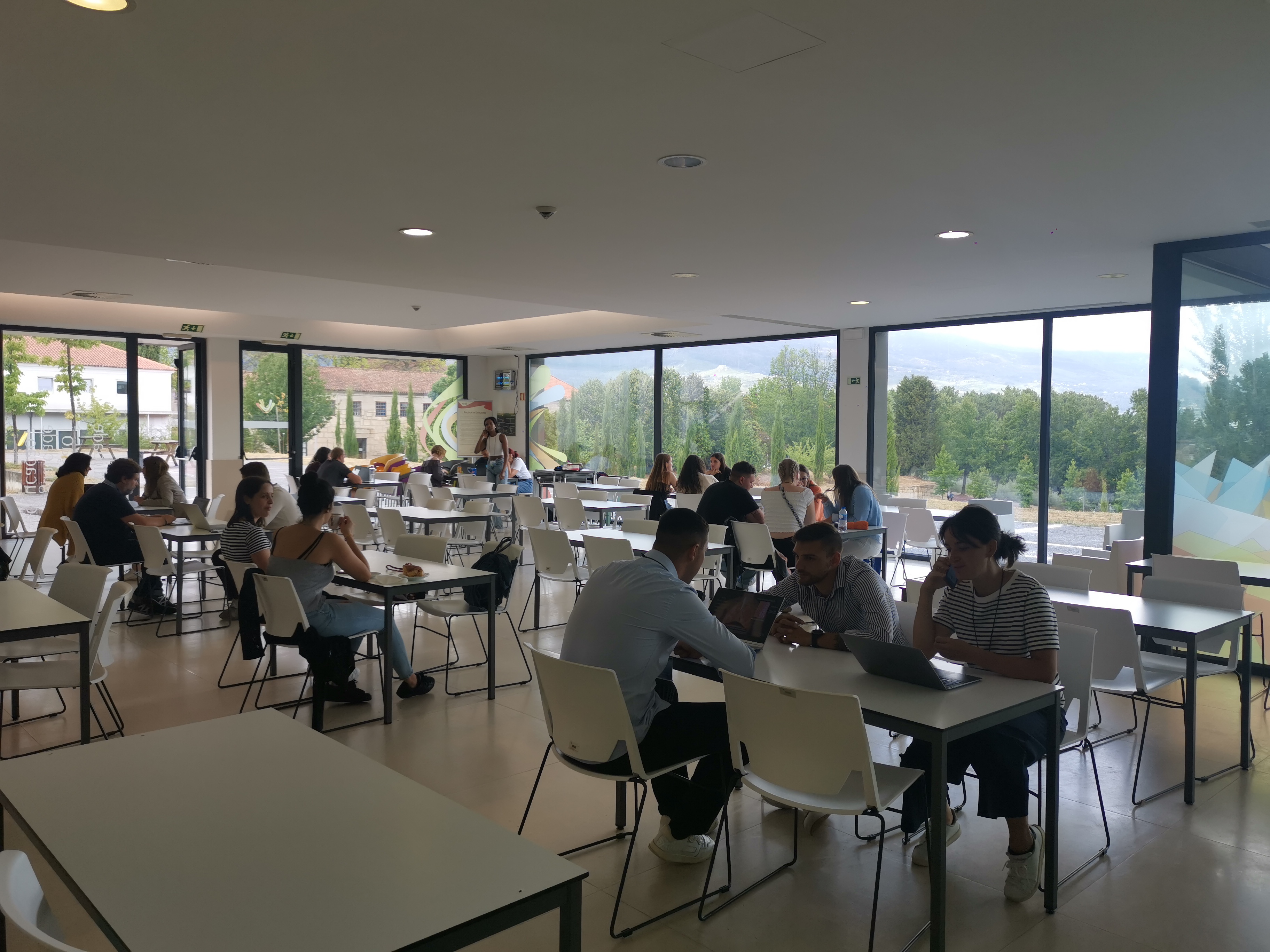
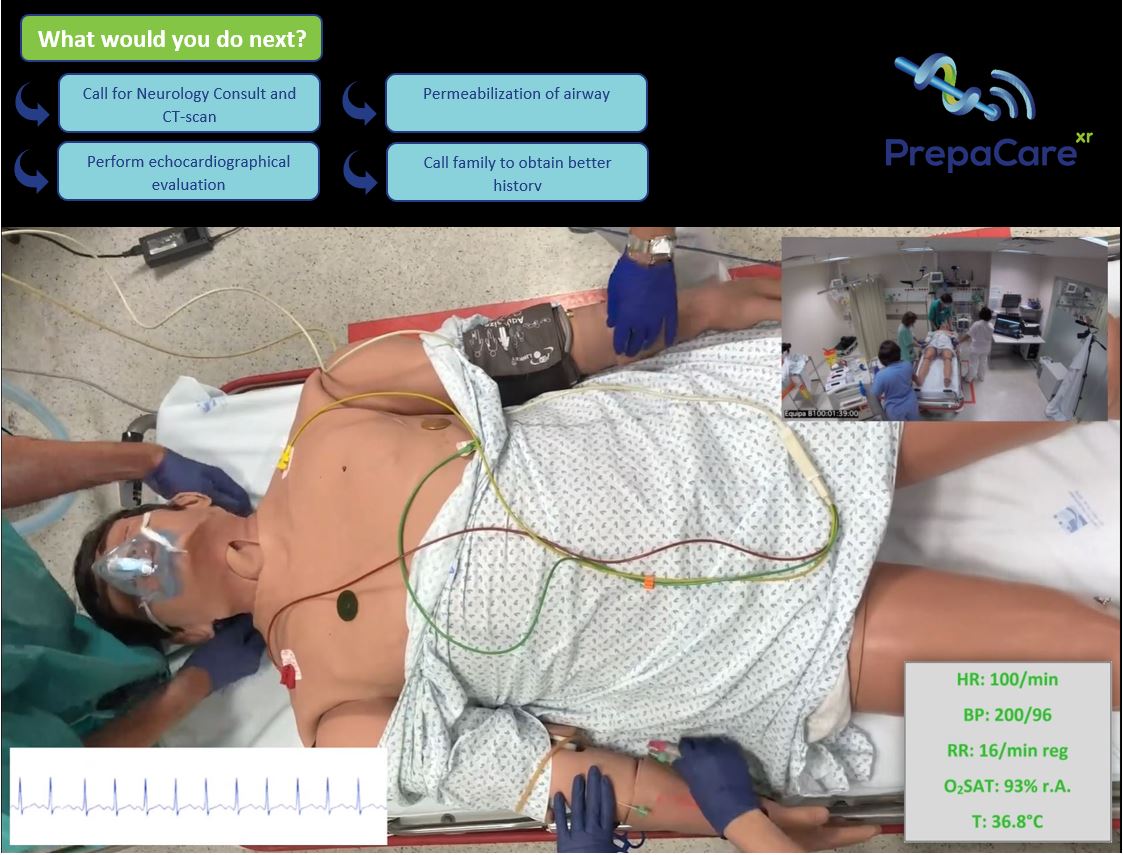
Level 3 - Virtual Reality
As third level, the components of a medical emergency room, e.g. a crash cart, were simulated in Virtual Reality. This allows the users to explore the room and the equipment before using it in a medical scenario. Further, the complete Difficult Airway Management workflow was simulated in VR to be trained by several students and/or medical professionals in a team. As in the interactive video solution, decisions have to be taken in order to successfully complete the simulation. The virtual room also allows to train the communication pathways between the different medical roles (doctors, nurses, assistants).
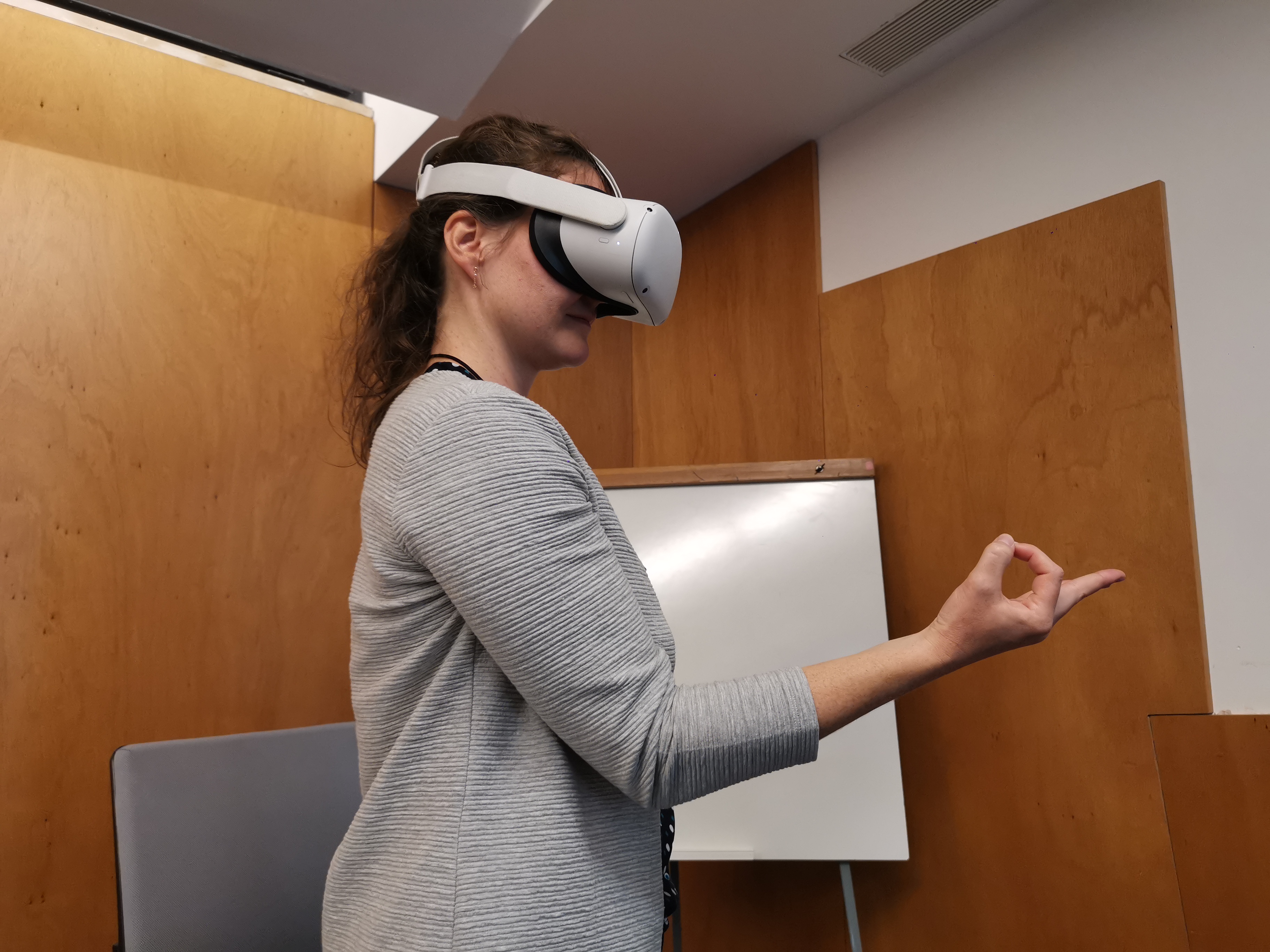


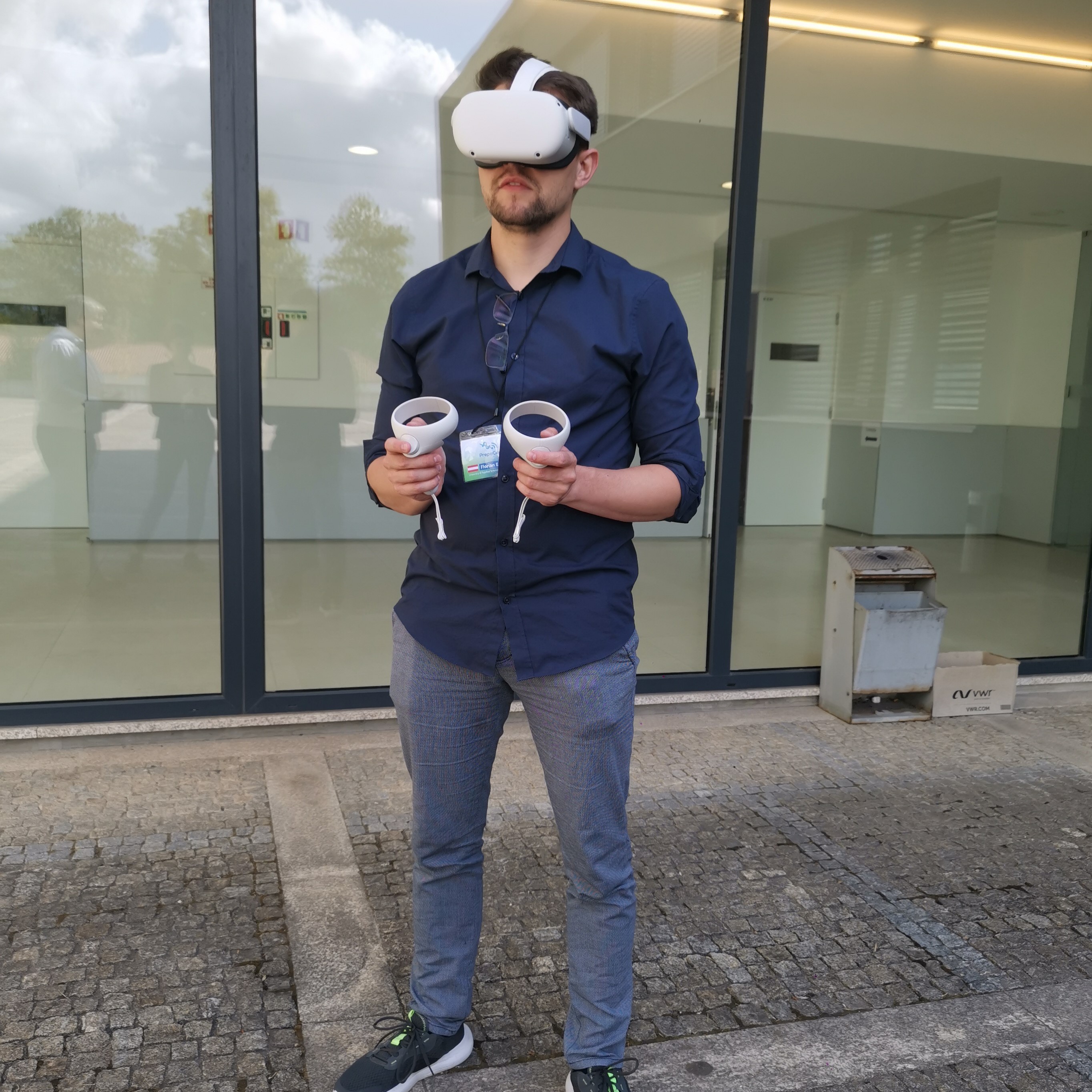

Hospital Simulation
Additional to the digital learning and training course, in-situ simulations on the Difficult Airway Management use case and the ABCDE scheme for paediatric patient assessment were performed by the staff of the participating hospital (Centro Hospitalar de Trás-os-Montes e Alto Douro). Several runs with different teams were performed, including also the de-briefing phase after the simulation in the emergency room. The observation of these complete training scenarios provided a deeper insight into the current training procedures of medical professionals.
Combining the in-situ simulations with preparations using the multi-fidelity level e-learning course seems to be a very promising approach in order to support and improve learning, teaching and training of current and future healthcare professionals.
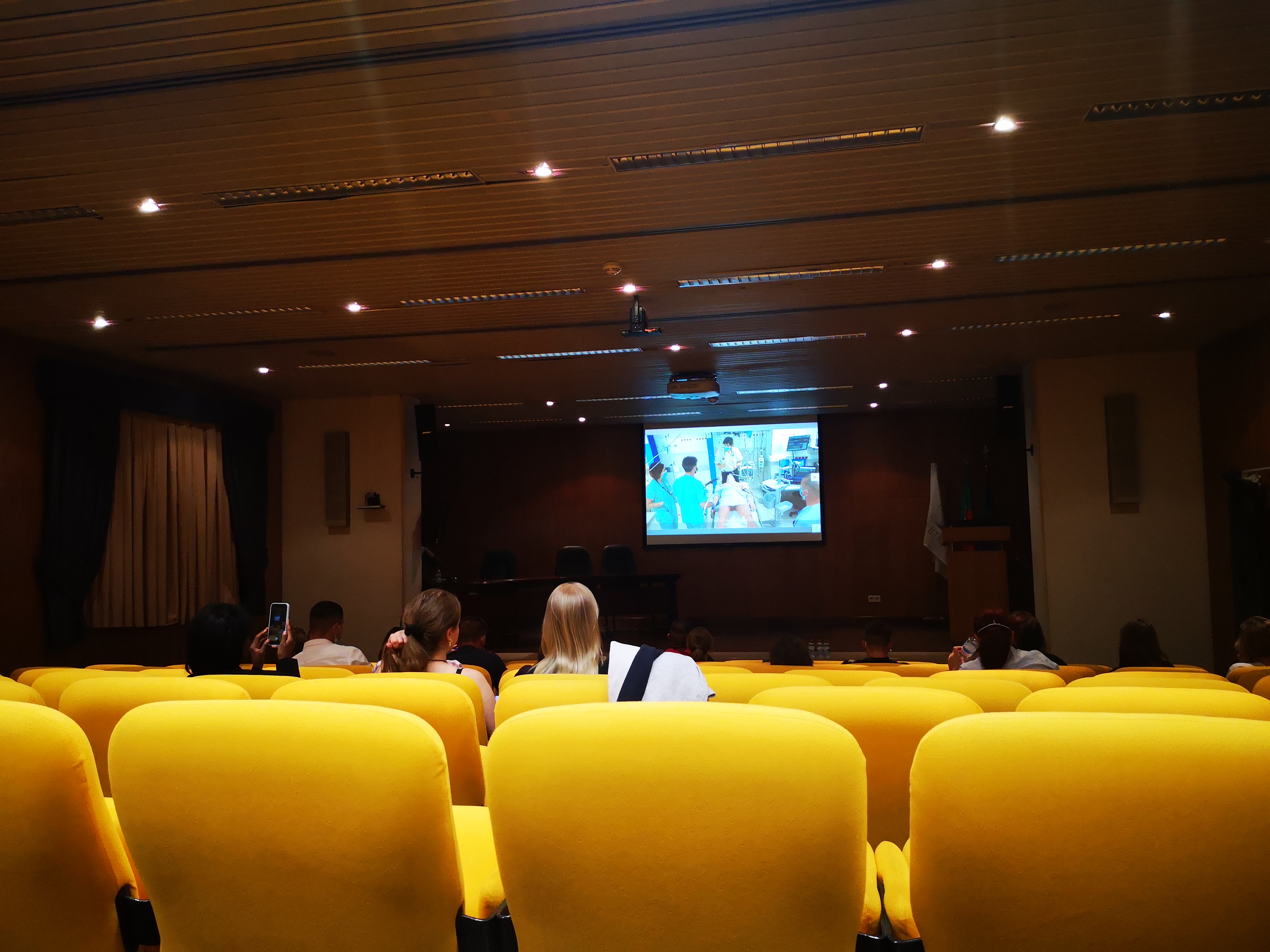
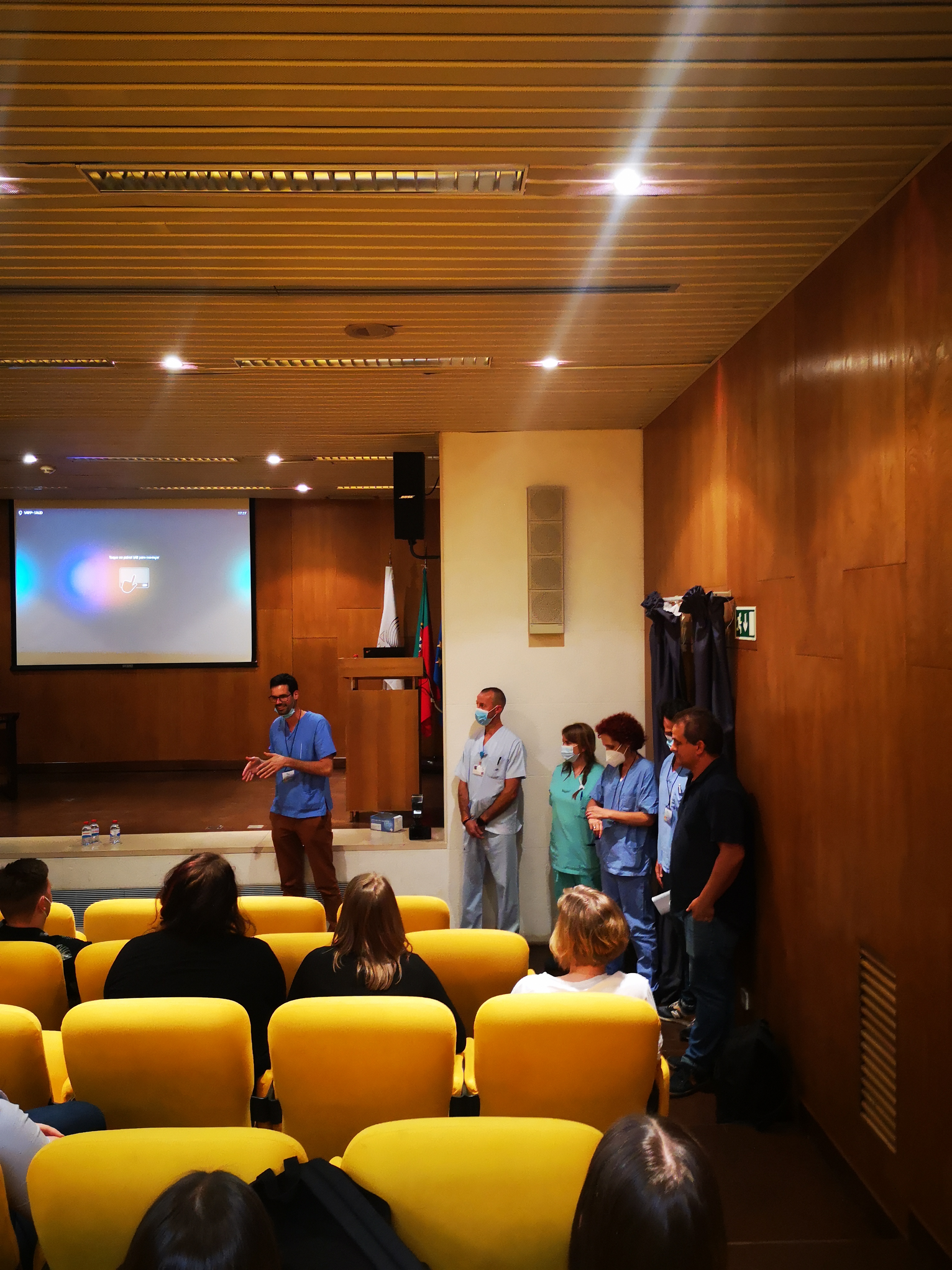
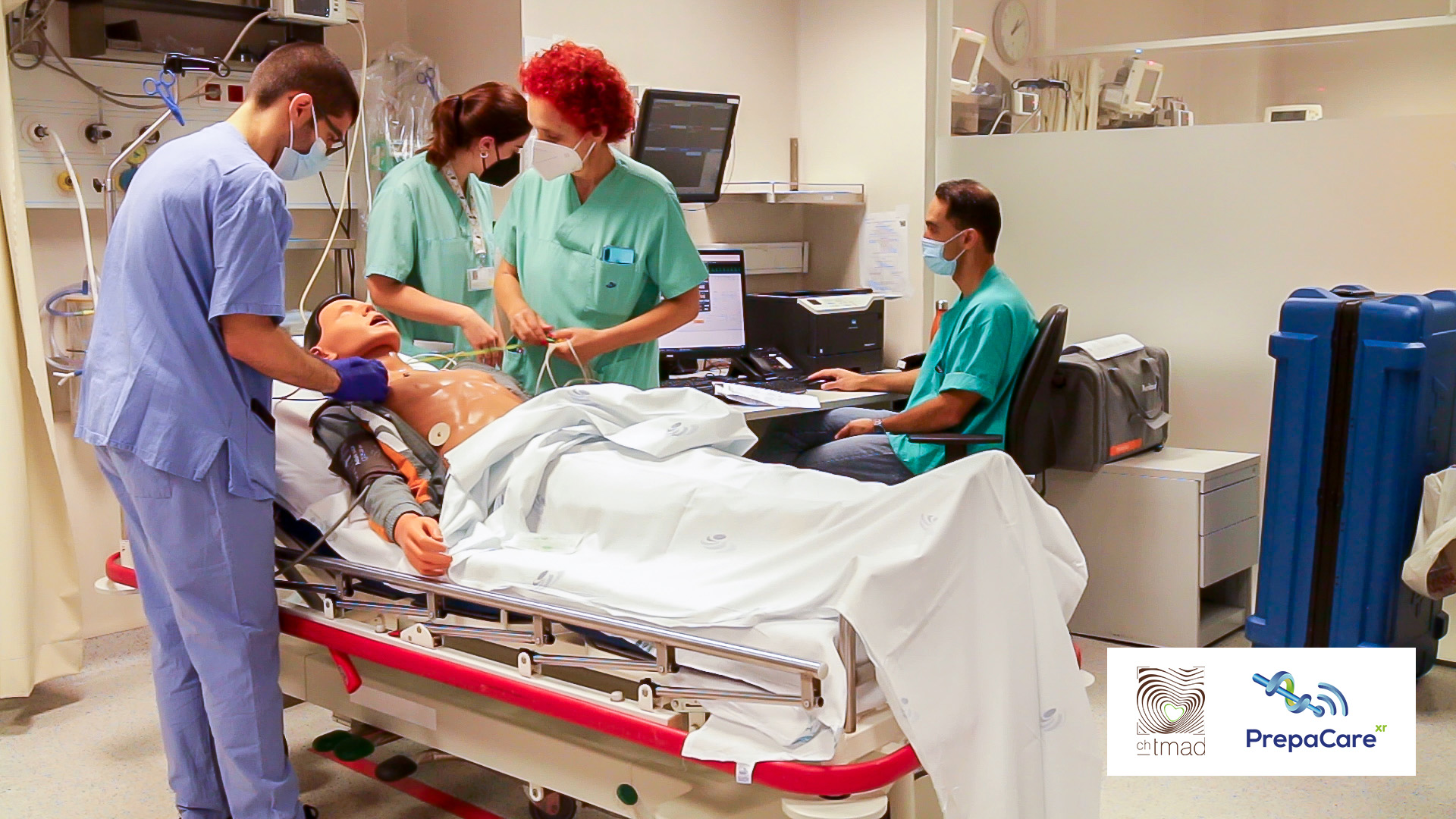

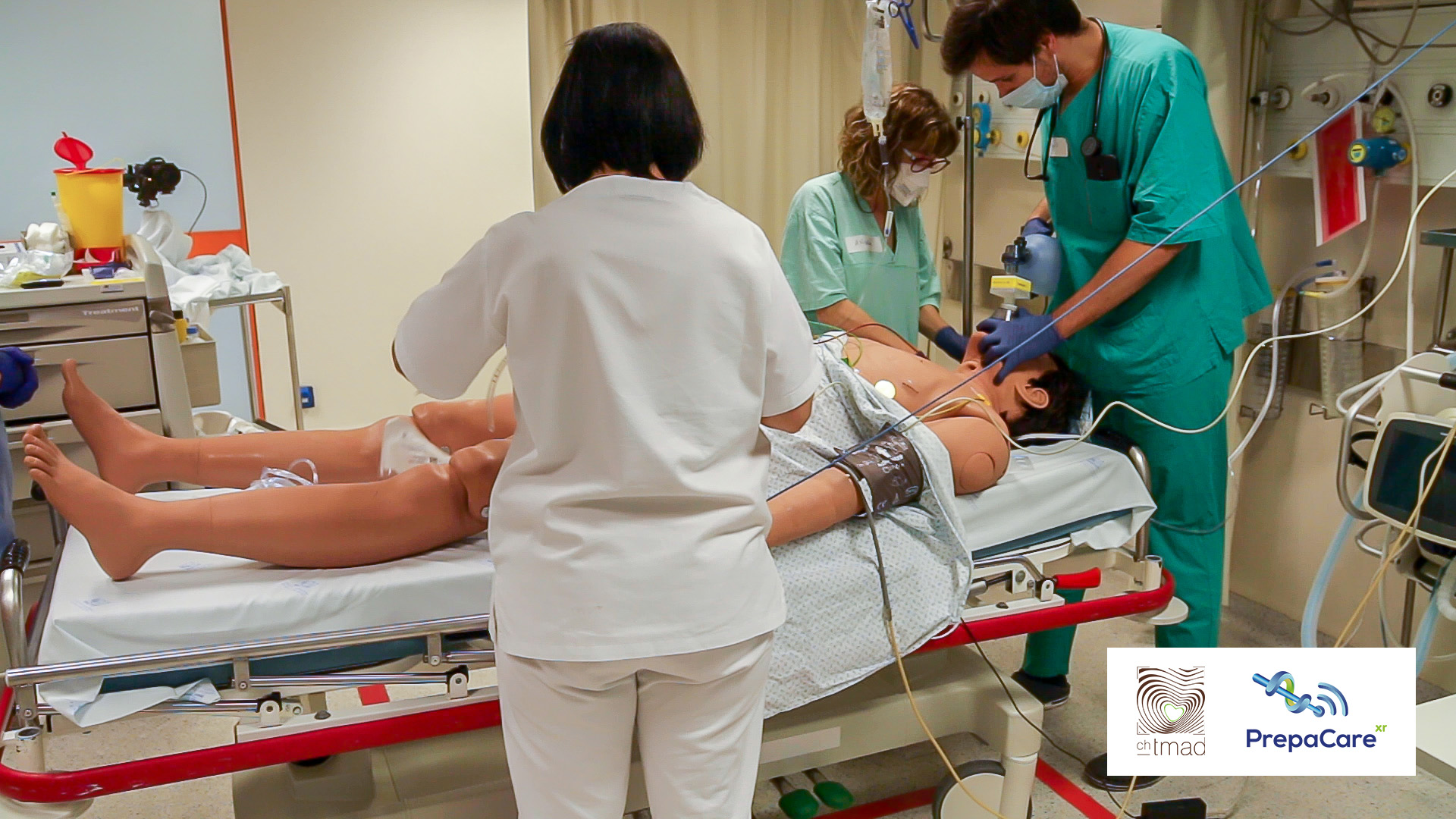

Social activities
Besides the content-related parts of the LTT week, also intercultural and social events were included in the program. Students and professionals were invited to a tour around the campus of the university and lunch was usually taken altogether in the Panoramico restaurant of the university. The evenings were filled with socializing and networking, including a city tour, the visit of the Douro Museum combined with a project dinner and the students’ “Mission Impossible” challenge, containing several tasks to be fulfilled by randomly generated groups.
